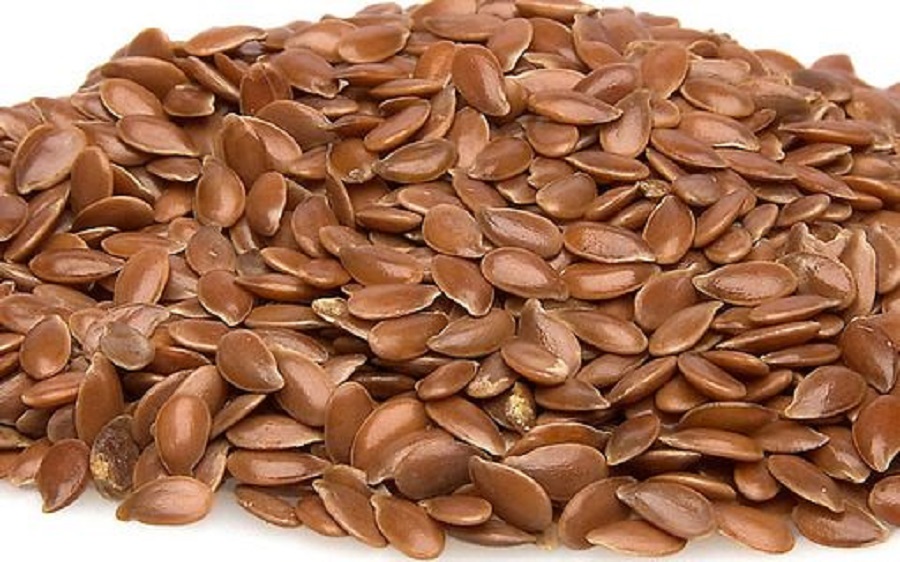Flax seed fiber can protect against obesity: Study
Mon 18 Feb 2019, 13:35:18

Flax seed is among one of the fiber crops, highly used in Ayurvedic medicines and a rich source for nutrients. It also seems to protect against obesity in the context of a high-fat diet. A recent study found that flaxseed fibers ferment in the gut and influence the gastrointestinal microbiota. The process is said to have a positive impact on metabolic health and reduces obesity.
The study conducted at the University of Copenhagen in Denmark and the University of Gothenburg in Sweden found that flaxseed, which is rich in fiber, begins a breakdown process once it reaches the gut. The affect of this mechanism on the health of an individual was analyzed by this study.
Various factors such as the
amount of oxygen used by animals, how much carbon dioxide they produced, how much food and water they consumed, how much energy they expended were monitored. The blood sugar levels of mice were measured at the end of the study period.
At the end of the 12-week study period, it was found that mice that consumed the cellulose or the flaxseed diet had a healthier balance of bacterial diversity in the gut. The group of mice that consumed high-fat diet had better metabolic health and high levels of a bacterium associated with obesity.
It was also found that rodents in the flaxseed diet group were more physically active at the end of the study period, and they displayed less weight gain compared with other mice.
The study conducted at the University of Copenhagen in Denmark and the University of Gothenburg in Sweden found that flaxseed, which is rich in fiber, begins a breakdown process once it reaches the gut. The affect of this mechanism on the health of an individual was analyzed by this study.
The researchers fed mice with four different types of diet- a standard diet with 4.6 percent soy-derived fiber, high-fat, no fiber diet, a high-fat diet with 10 percent indigestible cellulose fiber and a high-fat diet with 10 percent flaxseed fiber.
Various factors such as the
amount of oxygen used by animals, how much carbon dioxide they produced, how much food and water they consumed, how much energy they expended were monitored. The blood sugar levels of mice were measured at the end of the study period.
At the end of the 12-week study period, it was found that mice that consumed the cellulose or the flaxseed diet had a healthier balance of bacterial diversity in the gut. The group of mice that consumed high-fat diet had better metabolic health and high levels of a bacterium associated with obesity.
It was also found that rodents in the flaxseed diet group were more physically active at the end of the study period, and they displayed less weight gain compared with other mice.
The researchers concluded that the data suggests that flax seed fiber supplementation affects host metabolism by increasing energy expenditure and reducing obesity as well as by improving glucose tolerance.
No Comments For This Post, Be first to write a Comment.
Most viewed from Health
AIMIM News
Latest Urdu News
Most Viewed
May 26, 2020
Do you think Canada-India relations will improve under New PM Mark Carney?
Latest Videos View All
Like Us
Home
About Us
Advertise With Us
All Polls
Epaper Archives
Privacy Policy
Contact Us
Download Etemaad App
© 2025 Etemaad Daily News, All Rights Reserved.




.jpg)

























